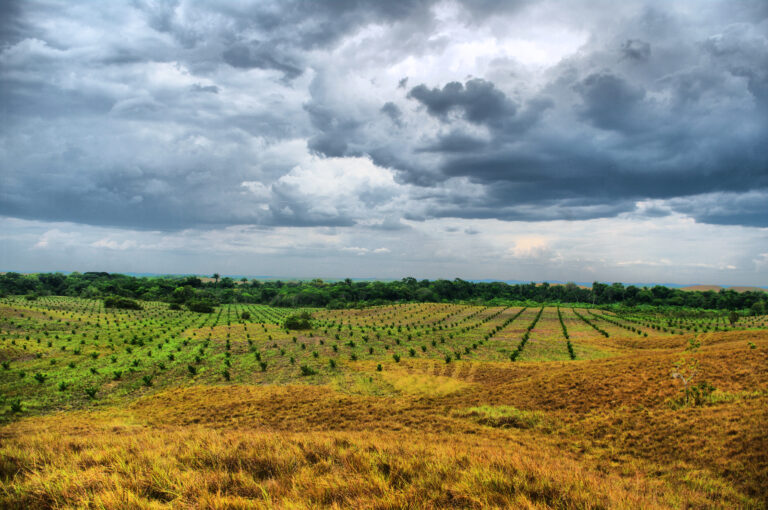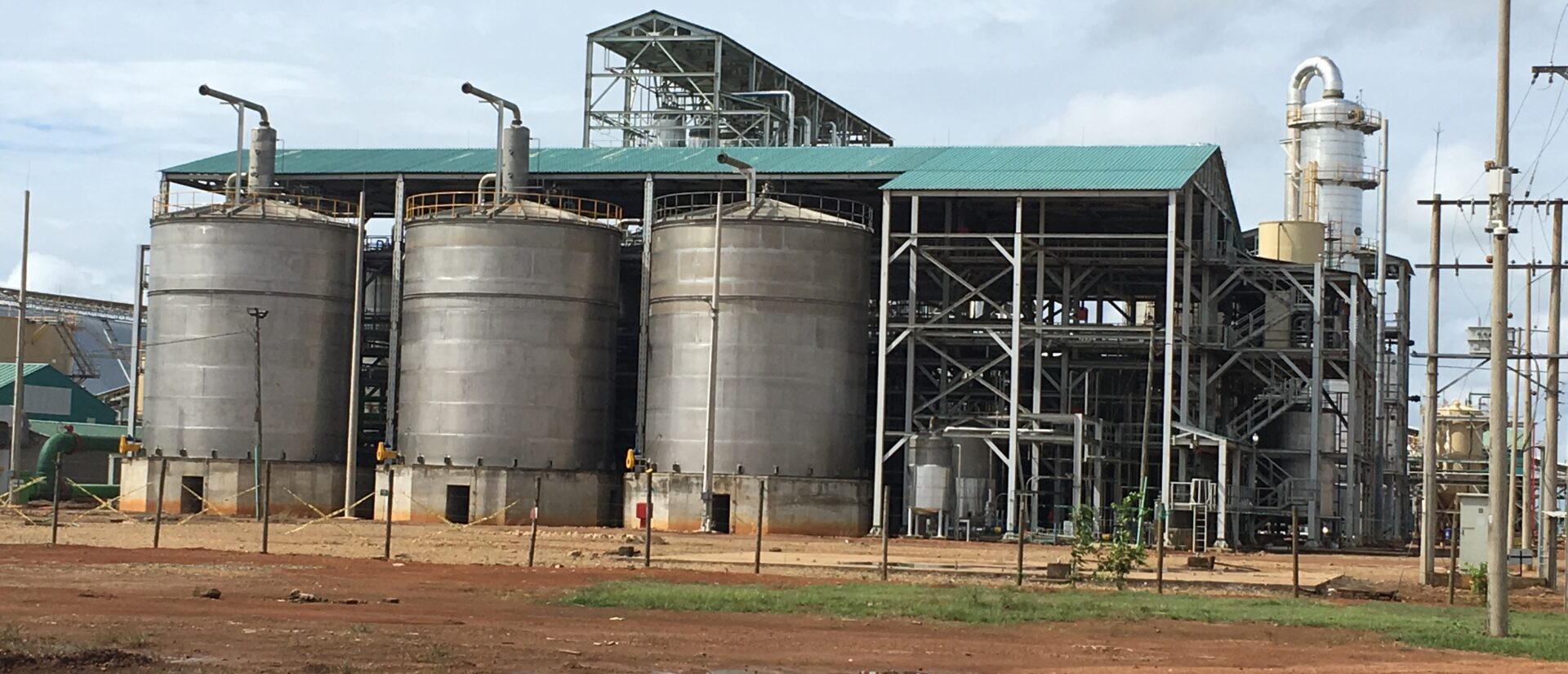
Land ownership in Colombia. The case of Bioenergy
What is the relationship between land ownership, poverty and violence? How do government interventions deepen existing inequalities between (international) companies and local communities? What effects do laws and international standards have on the actual situation on the ground? SOMO and the Colombian NGO Indepaz have tried to answer these (and other) questions in their latest report on land ownership in Colombia: the case of Bioenergy.
Indepaz and SOMO focus on the Altillanura region, a sub-region of the Orinoquía, bordering on Venezuela and Brazil. This part of Colombia has been hard hit by the armed conflict, but was also singled out by the administrations of Álvaro Uribe Vélez (2002-2010) and Juan Manuel Santos (2010-2018) as the region that would help Colombia to become a major producer of food and biofuels.
Here, both national and foreign companies requiring many hectares of land for the production of palm oil, sugarcane and other crops have used various mechanisms to avoid the restrictions and conditions imposed by Colombia’s agrarian law (Law 160 of 1994) on the allocation and acquisition of agrarian lands. Colombia’s agrarian law was adopted to put legal limits on excessive land concentration and to promote access to land for both male and female smallholder farmers with limited resources, and for Afro-descendent and indigenous communities.
Instead of holding companies accountable for these practices, the governments of Uribe Vélez and Santos have promoted policies aimed at removing the restrictions imposed by the agrarian law on land accumulation. In their latest report, Indepaz and SOMO have analysed these dynamics of land concentration and accumulation through a detailed analysis of the land acquisitions of ethanol producer Bioenergy, a subsidiary of Ecopetrol, in which the Colombian state is a majority shareholder.
“It is shocking to see that government actions actually worsen the situation of local communities”, says Saskia van Drunen, researcher at SOMO. “After decades of violence, land grabbing for money laundering and speculative land accumulation, the concentration of land in the hands of very few companies and individuals is higher than ever. The institutions responsible for promoting and ensuring fairer distribution of land have been plagued by corruption and inefficiency.”
Indepaz and SOMO have been doing research on this topic for over five years. Together, they analyse the policies and practices of companies operating in Colombia in order to monitor the implementation of human rights and business guidelines and standards to which the Colombian government has agreed to.
On Tuesday, 29 October, Indepaz and SOMO organised a public meeting at Javeriana University in Bogotá, inviting all relevant stakeholders. There, the two NGOs officially presented the report and discussed the main findings, followed by a lively panel discussion. Around 60 people attended the meeting, including parliamentarians and representatives of the Commission for Clarification of the Truth, Coexistence, Non-Repetition and the Special Jurisdiction for Peace (JEP(opens in new window) ).
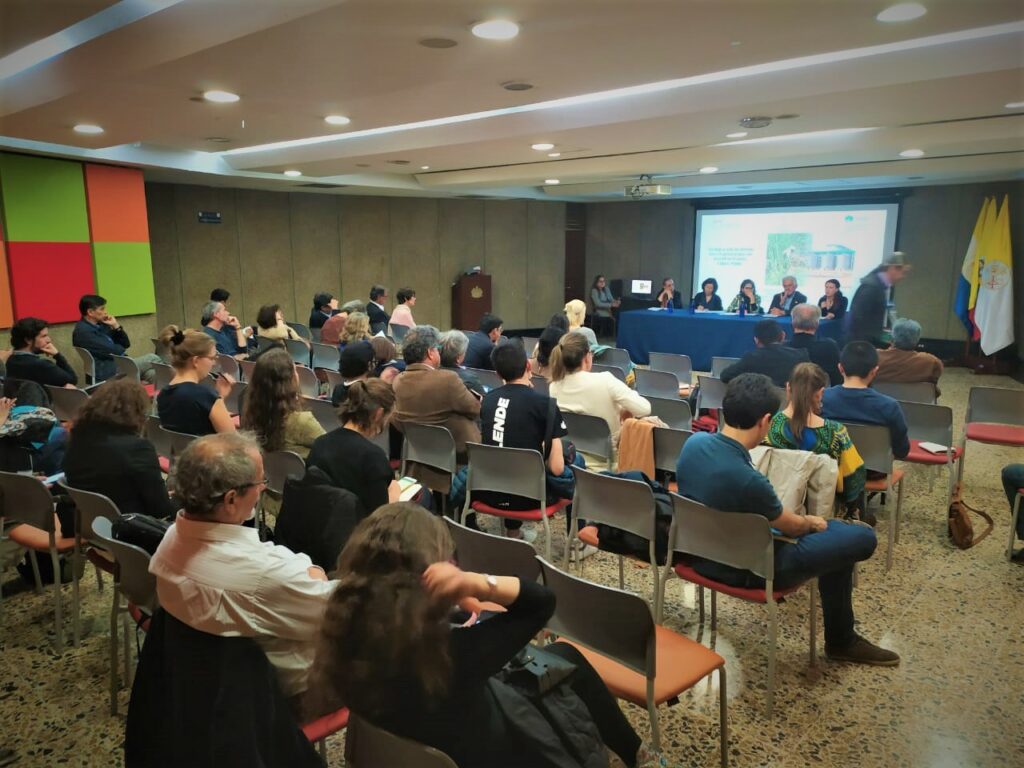
Partners
Related content
-
Land ownership in Colombia Published on:
 Saskia van DrunenPosted in category:Publication
Saskia van DrunenPosted in category:Publication Saskia van Drunen
Saskia van Drunen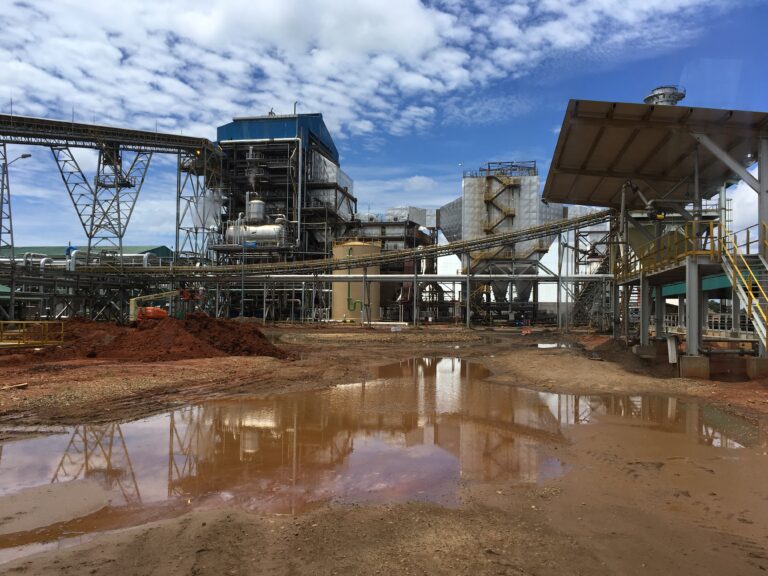
-
-
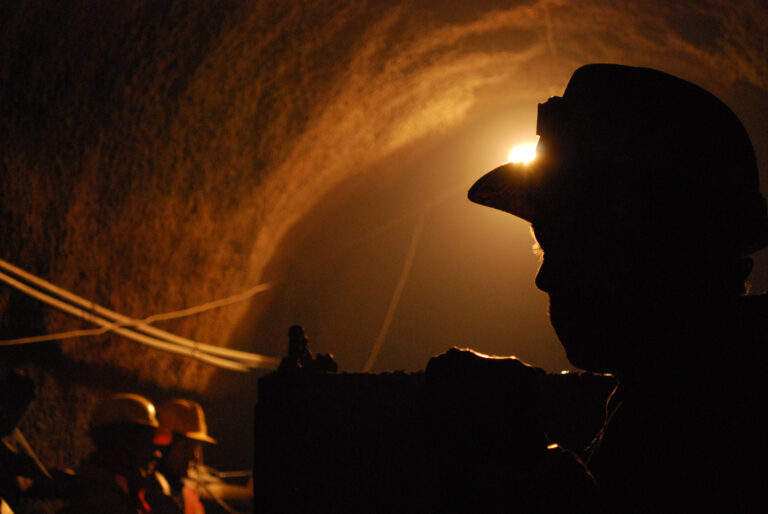 World Bank refuses to listen to those affected by mining in ColombiaPosted in category:NewsPublished on:
World Bank refuses to listen to those affected by mining in ColombiaPosted in category:NewsPublished on: -
 Dutch government increases attention for human rights in ColombiaPosted in category:NewsPublished on:
Dutch government increases attention for human rights in ColombiaPosted in category:NewsPublished on: -
Yamile Salinas AbdalaPosted in category:PublicationYamile Salinas Abdala
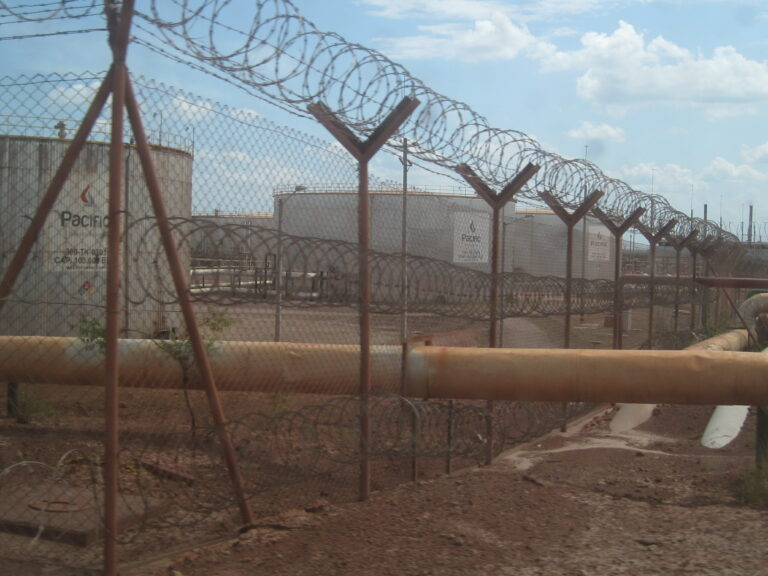
-
Reconquering and dispossession in the Altillanura Published on:Yamile Salinas AbdalaPosted in category:PublicationYamile Salinas Abdala
